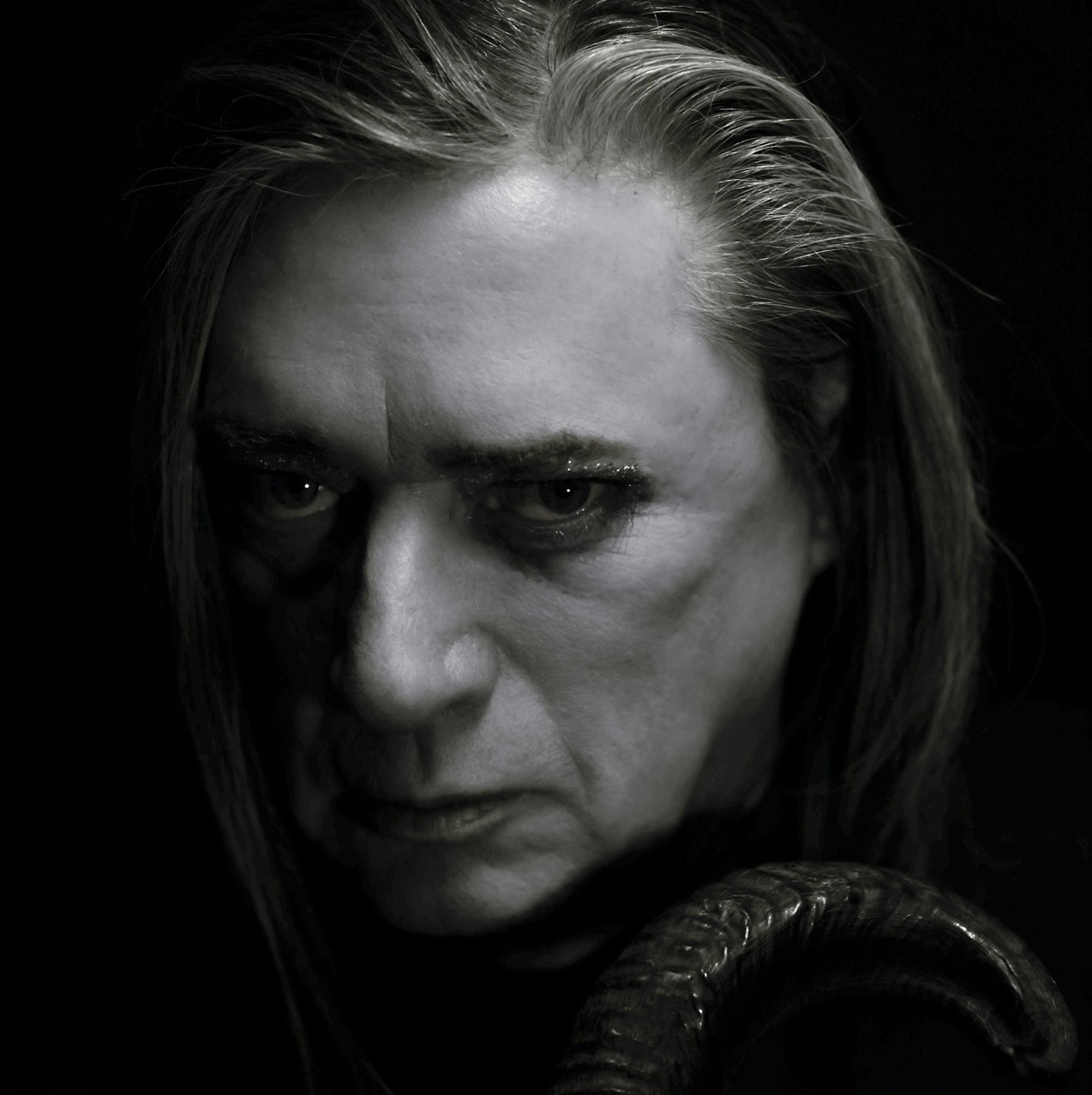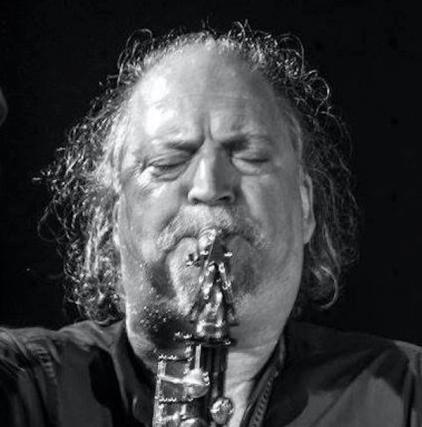NOISE / TONE / SOUND / VOICE


Blixa Bargeld and Dror Feiler on the making of the performance "No Sound is Innocent XIII"
Blixa Bargeld:
When Dror Feiler first approached me about a possible collaboration, a possible composition, a text for the Voices Berlin Festival 2025, my spontaneous inspiration was Bertolt Brecht's "War Primer".
The AI's say:
The "War Primer" is an important anti-war book by Bertolt Brecht, consisting of collected newspaper images and his comments in the form of verses. Written during his exile in Denmark, the work serves to encourage the reader to critically examine the Second World War and shed light on the background to the war. The ‘War Primer’ combines photographs from newspapers with short, concise poems – so-called epigrams – which give the images a new, often ironic or revealing meaning.
Although we have not planned any visual elements for this composition, the juxtaposition of the composition (50 minutes, eight ‘images’) and epigrams, short texts, seemed to me to be an appealing and justified experimental arrangement. Initially, I wanted to integrate a few of Brecht's texts, but then, over the months and as I collected material (reading newspapers!), I decided against it.
In its first version (Who knows? Maybe we'll make a few other versions), "No Sound is Innocent" is a piece in eight parts for 7 musicians from the Zafraan Ensemble and three soloists: Blixa Bargeld – vocal acrobatics and narrator, Dror Feiler – reed instruments and live electronics and Mats Lindström – live electronics.
Dror Feiler:
No Sound is Innocent XIII explores struggle and construction as opposing yet interdependent forces, set in relief to the tradition of meditative continuity in the undulating line or structure. The composition works with NOISE / TONE / SOUND / VOICE — treated not as a mere medium, but as the very site where material and meaning coincide.
The idea of struggle as form — for performers and listeners alike — implies a model of resistance that must constantly adapt through myriads of singular delirious variations. This struggle is not epic in the traditional sense; it does not narrate an organic process or an adventure toward resolution. Instead, it produces a discontinuous morphology: a rift, a gap in sound, and a fractured lyricism in text that both generates and dissolves its own form.
The improvisation / noise breaks do not serve as structural punctuation or as goals within a macro-design. They exist as integral moments within the totality— events that return us to the very substance of NOISE / TONE / SOUND / VOICE. Unlike traditional musical systems in which dissonance is subordinated to a higher abstract order, here the compositional material itself — the singular, visceral sound particle — becomes the central expressive force.
Every NOISE / TONE / SOUND / WORD carries significance, yet no hierarchy governs their relation. Each sound is equally close to the center, equally active in constructing and destabilizing the sonic field that defines the work.
Artist Statement by Dror Feiler*:
To compose while a genocide unfolds is, for me, not a question of ethics alone. It is a question of existence. Every composition, every structure, becomes a choice — complicity or confrontation. For me, this is not abstraction; it is a lived fracture. A former Israeli paratrooper, now an unflinching critic of Israeli state violence. A European Jew who refuses the weaponization of identity. A composer whose sound has never been innocent — contested, charged, a field of struggle. Now, in Gaza — genocide unfolding, denied, erased — the dilemma burns with new urgency. To write music in wartime (Palestine, Ukraine) is to stand where beauty and horror meet, where expression trembles beside betrayal. Can one compose while bombs fall? Should one? Is composition a retreat, a betrayal of the dead and the silenced? Or can it be resistance—a refusal to let brutality dictate the limits of sound, the boundaries of the human? Some say art must step aside, that silence is the only dignity left. Others say that to stop creating is to let violence win. But perhaps the deeper question is this: how to make sound that does not numb, that does not soothe where pain must stay raw? How to write music that trembles, that refuses to rise above the rubble? Composing in wartime must not be escape —it must be confrontation. Not consolation, but rupture. To speak through sound now is to inscribe blood into the score and let noise carry the truth. Dissonance is the truth about harmony.
*The Voices Berlin Festival provides a platform for a diversity of artistic voices. The following statement represents the personal views of the artist.
Related Events
24. Oktober um 21:00